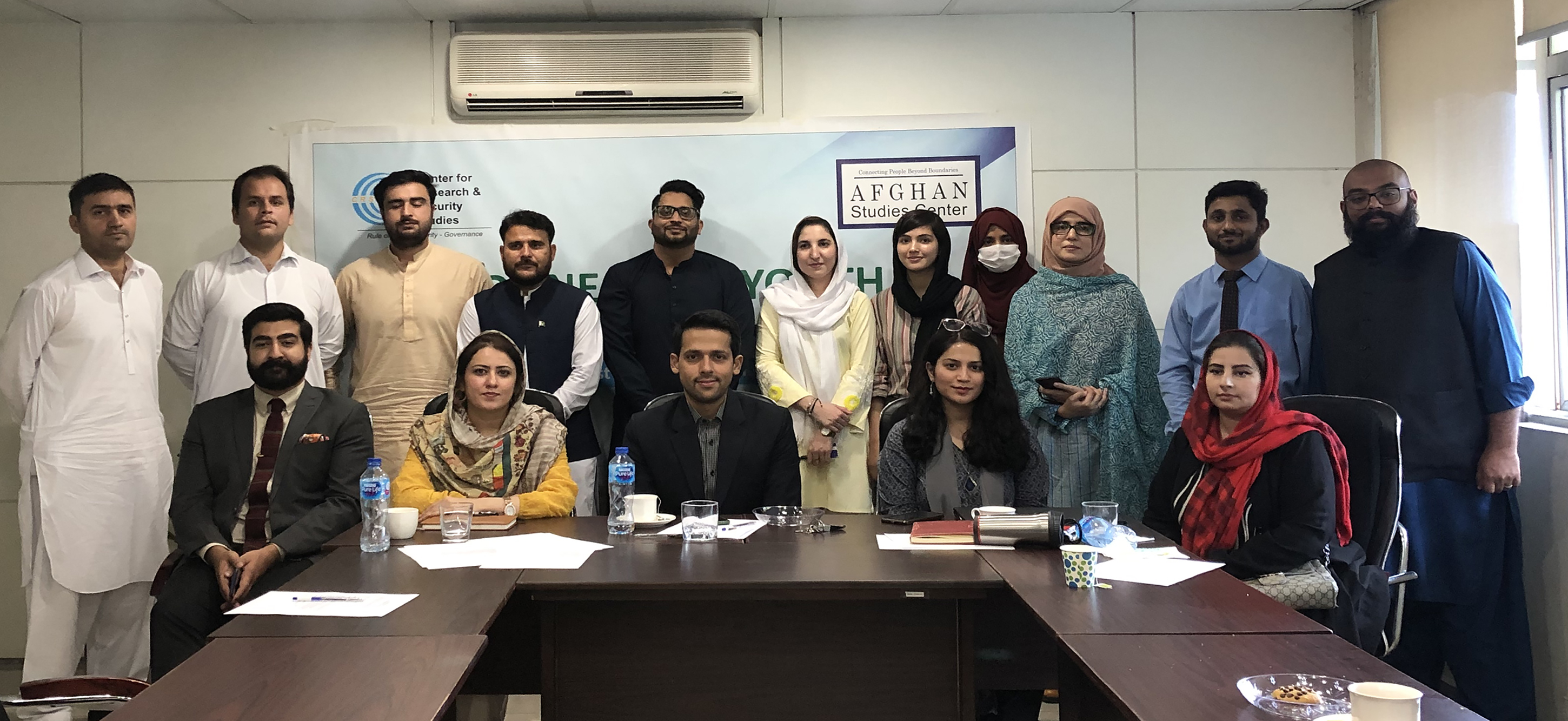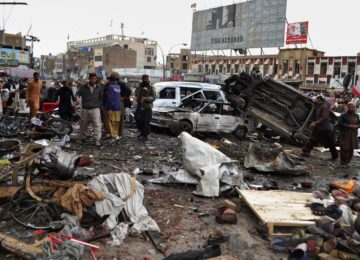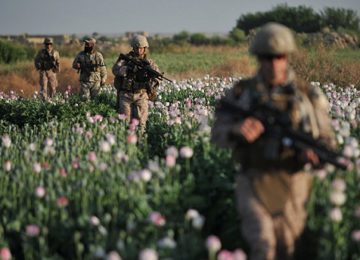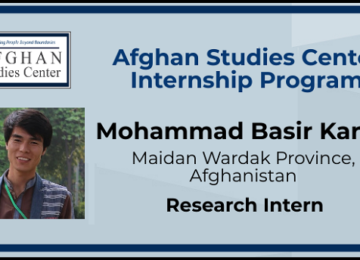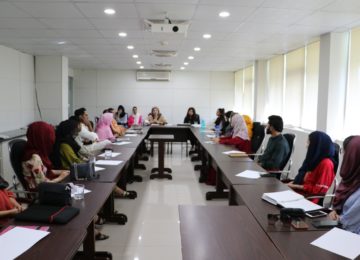Since the Taliban takeover of Afghanistan on August 15, 2021, many Afghans sought refuge in nearby countries, Pakistan being one of the largest hosts for Afghan refugees. The young, displaced population faces more difficulties in getting reintegrated into host communities. Many young Afghan refugees see Pakistan negatively because of facing hardships while seeking opportunities for academics and livelihood. Besides, the geopolitical narratives of the region have also played a detrimental role in shaping perceptions about one another.
To promote goodwill between the youth of Pakistan and Afghanistan and highlight the instrumentality of critical thinking in regional peace and development, the Afghan Studies Center at the Center for Research and Security Studies hosted an interactive session titled Connecting Youth – the Pak-Afghan Prospects of Peace on August 26, 2022. The session focused on the importance of critical and individual thinking in shaping perceptions and understanding the notion of “peace” and how to put this understanding into action to create socially cohesive and open-minded communities.
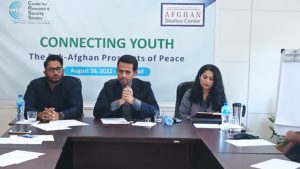
The program was attended by a diverse group of young Afghans and Pakistanis from the fields of media, public policy, economics, international relations, etc. Social and political critic and media anchor, Mr. Muzammil Syed facilitated the discussion. Mr. Syed began the program by shedding light on how the lack of individual thought has led the South Asian region towards regression. “The idealist approach makes us sessile and hinders our mental and intellectual growth. We only follow what we are taught. From our political and social beliefs to career choices, we pursue and believe in what our peers, ancestors, or the system impose or suggest.” He said that to challenge or change the geopolitical narratives that no longer serve the region, the youth have a role to play – they must question things and demand accountability from the relevant stakeholders.
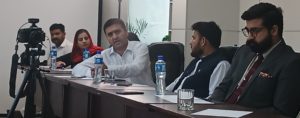
Mr. Umar Pasini, one of the Pakistani participants, underscored that media on both sides needs to strengthen bilateral relations by showcasing positive sides and reporting on mutual challenges. On refugee reintegration, Ms. Wazhma, an Afghan refugee, proposed that educational institutions in Pakistan should allow the displaced Afghans to enroll and pursue education. “The government of Pakistan should devise a mechanism that enables unregistered refugees to attend schools here. Registration as a refugee takes time, and, meanwhile, we lose several months, sometimes years, of our academic period,” she said.
Participants also recommended that social media should be utilized to promote positivity and cultural connectivity. They opined that the mainstream has a responsibility, no doubt, to promote regional peace, but citizens on both sides should use the power of social media to bring a sustainable and gradual change in perceptions. They also recommended that ASC arrange similar roundtables for further impact and interaction between the youth from both sides in the future.



